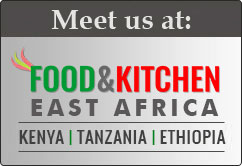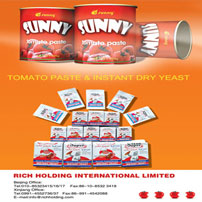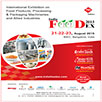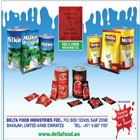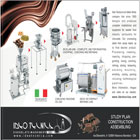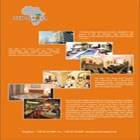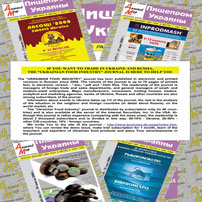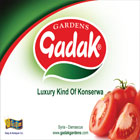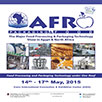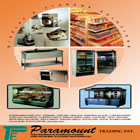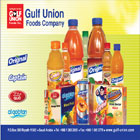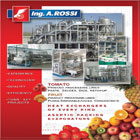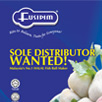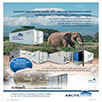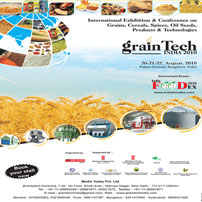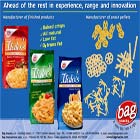

M a r k e t N e w s
Africa: On Trial - Agricultural Biotechnology in Africa
Posted on : Wednesday , 30th July 2014

Increasing agricultural productivity and adapting farming to climate change are central to Africa's development prospects. There are important opportunities to enhance yields and increase resilience through the adoption of improved crop varieties.
In some cases, biotechnology, and in particular genetic modification (GM), offers advantages over conventional plant-breeding approaches.
Accordingly there are a various projects under way to develop new GM varieties for African farmers, ranging from drought-resistant maize to varieties of cassava, banana, sorghum, cowpea and sweet potato with resistance to pests and disease.
In addition to government funds, these projects have also attracted the support of influential donor agencies and philanthropic foundations. However, despite the expenditure of considerable resources, the potential of GM in Africa is not being realized. So far no GM trait developed for African farmers has been put to use.
Multiple barriers inhibit the development and adoption of pro-poor GM varieties in Africa. On the demand side, farmers may be reluctant to adopt GM varieties owing to a lack of export opportunities and distrust of the technology among local consumers.
Farmers may also be concerned about exploitation by transnational seed companies (despite the fact that development of new GM technologies in Africa is dominated by the public sector).
On the supply side, donor funding struggles to match the long timescales of research and development, while incentives among research scientists may be poorly aligned with farmer outcomes. Non-existent, poorly functioning or overly punitive regulatory regimes discourage investment.
The most important barriers - such as regulatory constraints, consumer distrust and weak farmer demand - must be understood in the context of wider social and political dynamics surrounding GM, typified by misinformation, polarized public discourse, and dysfunctional and opportunistic politics.
The result is most GM projects becoming 'stuck' at the field trial stage without ever progressing to release. This 'convenient deadlock' of continual field trials allows governments to manage political risks by effectively balancing the demands of pro-GM and anti-GM lobbies - proponents of GM have a pipeline of technologies, while opponents are appeased by the failure of any to gain approval.
The disabling socio-political environment for GM development in Africa greatly reduces the efficacy of investment in this technology.
This has two important implications. First, technology development needs to be located within a wider project of transformation that engages key actors - most notably politicians, policy-makers and farmers - as stakeholders from the outset, and includes strategies to address multiple demand- and supply-side barriers.
Second, successful adoption is more likely in countries with less disabling political conditions, characterized by lower levels of consumer distrust and opposition, genuine farmer demand and demonstrable commitment from government.
Focusing efforts and resources on a small number of 'best bet' countries will also allow donors and technology providers to support more ambitious, transformational projects led by national governments
Source : allafrica.com


